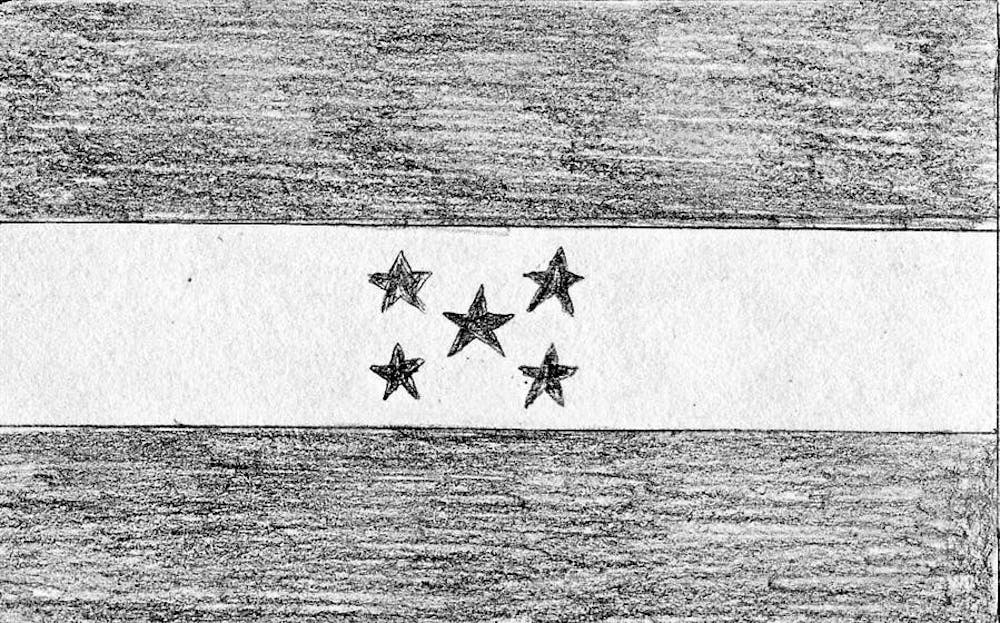Be careful. We don’t know what’s going on in there.”
This was the warning offered by a Salvadoran border immigration official to those wishing to cross into Honduras the day after Honduran President Manuel Zelaya was awoken in the middle of the night and flown to Costa Rica in his pajamas.
Nearly four months later, Hondurans were finally able to take a 90-minute break from the coup-induced political turmoil to focus on their chance at a World Cup berth.
On Saturday, the United States men’s soccer team took on Honduras in the World Cup qualifier match in San Pedro Sula, Honduras.
While the Americans came out ahead, winning 3-2, the atmosphere surrounding the game was still a major accomplishment for Hondurans, highlighting the recent progress seen in negotiations and perhaps acting as a harbinger of peaceful talks to hopefully come.
The presence of the U.S. soccer team in Honduras was impressive because of the international strain caused by President Obama’s position that Zelaya be returned to power.
No country has recognized the de facto Honduran government, and the United States, the European Union, the International Monetary Fund and the World Bank have all suspended aid to Honduras in protest.
But following somewhat successful peace talks on Friday, fans were calm and even respectful of the American soccer players. The crowd was quiet during the playing of the U.S. National Anthem – a stark contrast to the boos that drowned out the anthem in Mexico City this past August. Rude gestures were rare, if not absent, and some Hondurans even waved to the U.S. team.
The country has been reeling from government-imposed curfews and protests both in support of and opposition to Zelaya. For a short time, Hondurans were able to be on the same side, more than happy to be vying together for a World Cup spot.
And on Friday, negotiators representing Zelaya and de facto leader Roberto Micheletti left a Tegucigalpa hotel smiling, noting that they had “advanced 60 percent.”
Peaceful talks and progressive negotiations, given the apparent mood in Honduras, where people seem tired of turmoil and exhibit a willingness to cooperate, are the most likely methods to lead to peace.
We hope the current approach that focuses on conversation continues, and we hope talks can bring about a legitimate president come Nov. 29, when Honduras will hold national elections, regardless of whether Zelaya returns to power or not.
In the words of Micheletti: “Dialogue will resolve the problem in Honduras.”
Qualifiers and coups
WE SAY The World Cup qualifier exemplified that Hondurans are willing to work together to accomplish their goals.

Get stories like this in your inbox
Subscribe




